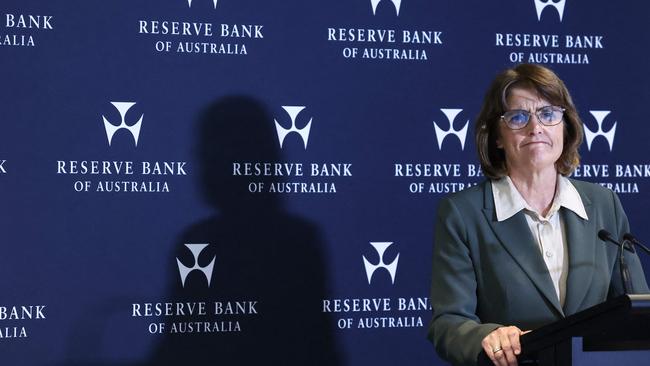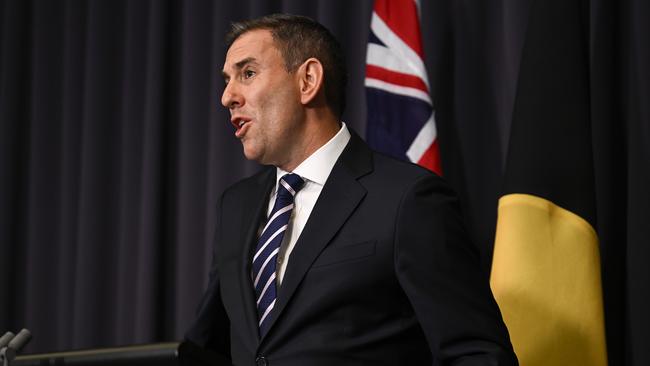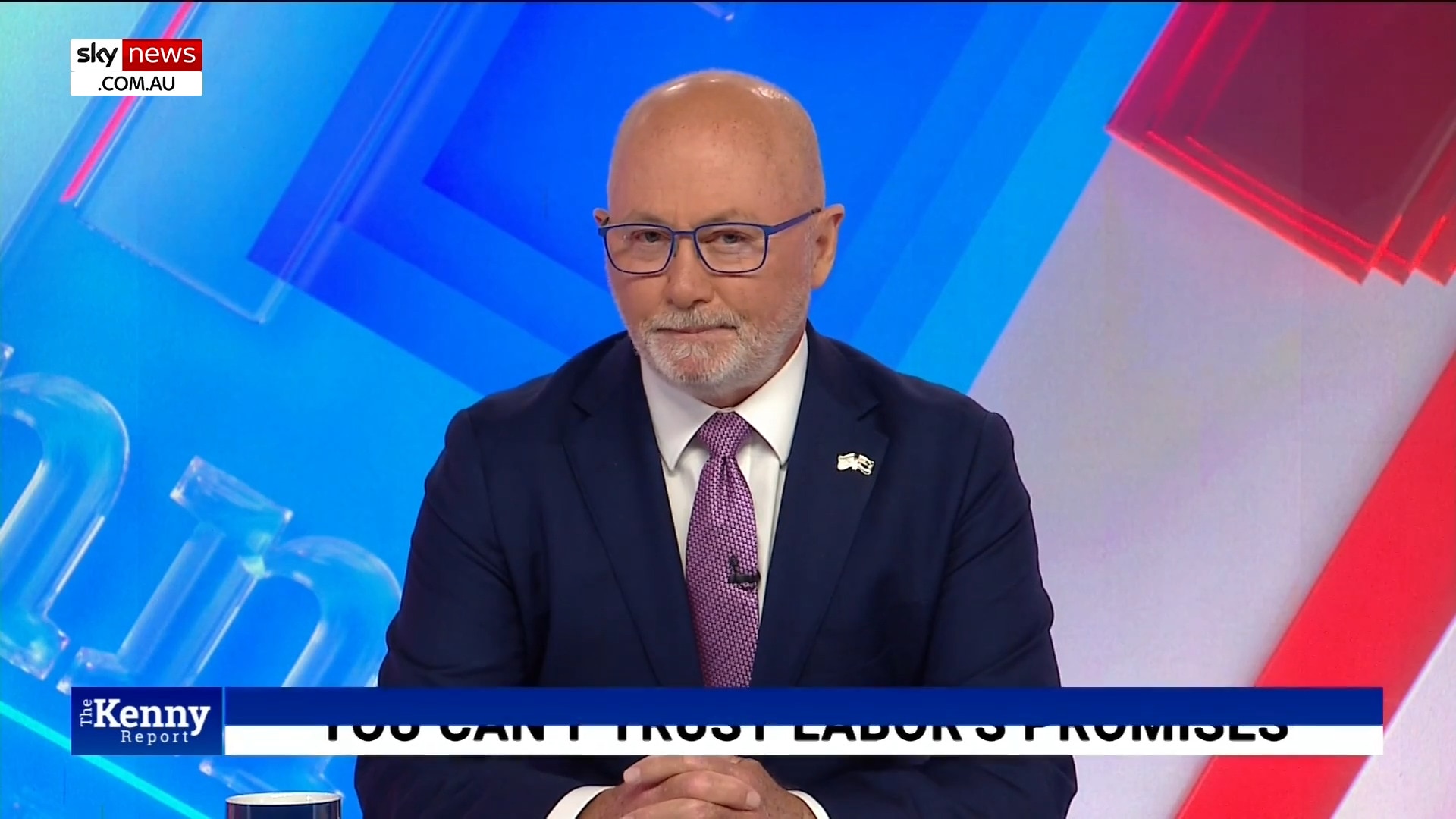
Is this decision an economic catastrophe? No. Will this decision cause inflation to immediately surge? No. But forget these red herrings. The fundamental question we should be asking ourselves is an entirely different one: was the cut warranted, given the clear test Bullock and her board have repeatedly stated? That is, they can have confidence that inflation will sustainably return to its 2-3 per cent target.
If we put to one side economists with political or commercial skin in the game, I cannot think of a single credible practitioner of this discipline who believes this. This view, which I share, is based on three key considerations. First, we have had just one quarter of below-expectation inflation, with the headline measure significantly depressed by the government’s cost-of-living subsidies. Underlying inflation, the RBA’s preferred measure, remains above 3 per cent. One swallow does not make a summer.
Second, our labour market appears to be gaining strength, with unemployment still near historic lows, vacancies rising and public sector unions causing havoc across the country. With productivity flatlining, even moderate wage growth poses risks for inflation.
Third – and most important – global economic uncertainty has spiked in recent weeks, with inflation unexpectedly rising again in the US and Donald Trump threatening a tariff war.
Each of these factors counted against a rate cut. In strictly economic terms, this was not a line ball decision, as Bullock claims.

If the board believes inflation is sustainably under control, why offer a one-off 25 basis point cut, with no indication that another one will come soon? Another question worth posing is: why the urgency of the action taken today?
If the evidence supporting a rate cut becomes clearer later this year, the newly constituted board could ease then. By doing so free from the pre-election spotlight, it would avoid giving the impression of bowing to political pressure.
But sadly – and it has to be said not surprisingly – politics trumped sound economics at Tuesday’s board meeting. The politics demanded a cut, given the government’s relentless slide in the polls and its desperate need for an economic circuit-breaker.
Jim Chalmers got what he wanted. It was no surprise.
When I saw that television cameras had been allowed into the RBA boardroom at the start of the meeting, I knew the jig was up.
I cannot for a moment believe this was Bullock’s idea. While he will no doubt deny it, I suspect the Treasurer had a hand in this.
He wants the public to associate the cash rate decision with the innocuous-looking, nine-person “jury” they saw on Tuesday’s news and Wednesday’s papers, hoping to airbrush from history the unrelenting pressure he and his party applied to Bullock to get this result.
Between now and the election, Chalmers will claim that with this decision our “independent” central bank board has endorsed the government’s economic strategy.
Only we do not have, nor have ever had, an independent central bank board. Uniquely among serious economies, our Treasury secretary – who serves at the pleasure of the government – participates on this body as a full voting member. While internationally this arrangement is viewed as inconsistent with both the substance and appearance of independence, in Australia we appear to have swallowed this fiction.
A glaring case in point is a detailed piece The Australian Financial Review published on Monday purporting to tell its readers how monetary policy decisions are made. It made not one mention of the Treasury secretary’s presence on the board, let alone acknowledge that this person – backed by all the resources of our premier economic agency – carries substantial weight on this body, second only to the RBA governor.

If we keep this lack of independence in mind, perhaps we should not be too critical of Bullock. As I have pointed out, Chalmers and Steven Kennedy have overhauled the RBA’s senior leadership, reconstituted its board and diluted the latter’s obligation to fight inflation. Under their influence, the board effectively adopted a full employment target in 2023 – a policy of keeping its cash rate lower than its international peers to ensure unemployment did not rise much above 4 per cent – even at the cost of prolonged high inflation.
Bullock disagreed with this view before she was appointed governor – saying unemployment would have to rise to get inflation down – but endorsed it later.
Fairly or otherwise, she will be blamed – not Kennedy or Chalmers – if Tuesday’s board decision turns to custard. Bullock could and should have vetoed this risky call, but for whatever reason she was happy to throw the dice. In doing so, she has needlessly risked both her own and the RBA’s credibility.
And it’s not as if the RBA has much of this quality to spare given its extraordinarily poor performance during and after the Covid crisis – including its dalliance with modern monetary theory (as it purchased billions of dollars of government debt) and the disastrous forward guidance on the cash rate by Philip Lowe, the RBA governor at the time. (Kennedy was on the RBA board then yet Lowe took the rap.)
Once central bankers are not seen as credible, they risk losing control over inflationary expectations, which itself feeds into inflation. The effectiveness of their interest rate tool is blunted.
For all the talk about the fight against inflation being won, let’s not forget Chalmers continues to pour fuel on the inflationary fire – pledging to ramp up his price subsidies, which boost demand, in the lead-up to the federal election, while doubling down on energy and industrial relations policies that are squeezing supply.
Bullock’s gamble may yet pay off, but it’s a pity she felt she had to make it.
David Pearl is a former Treasury assistant secretary.







As feared, Reserve Bank of Australia governor Michele Bullock and her board appeared to succumb to political pressure on Tuesday when they cut the cash rate to 4.1 per cent.